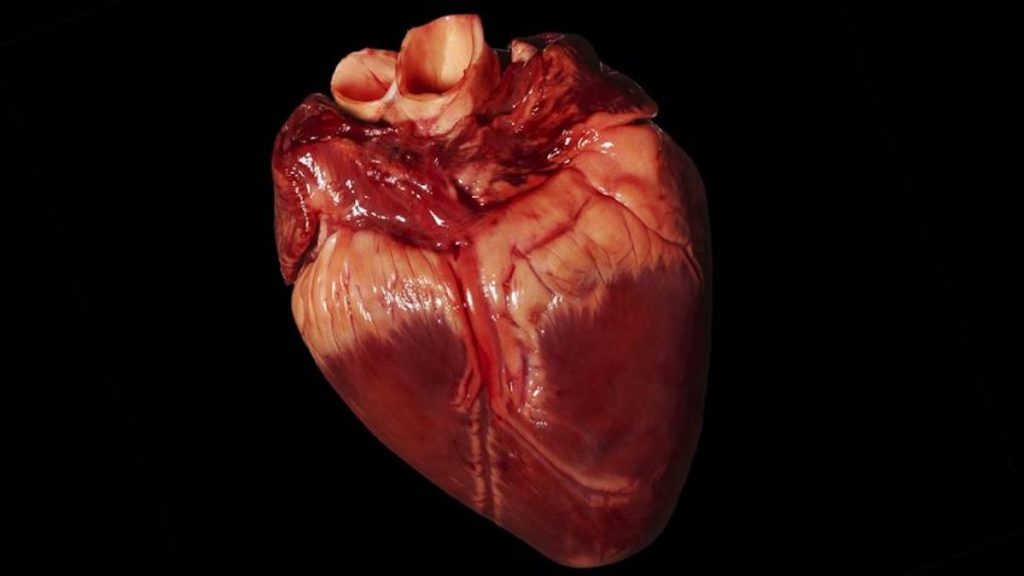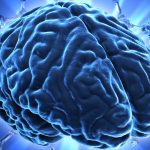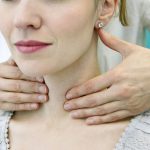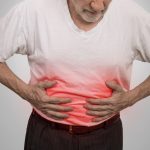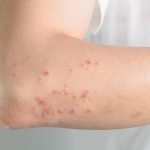Arrhythmias occur when there’s a problem with the heart electric system. In case of atrial fibrillation, the outcome is the upper chambers of the heart contraction irregularly. It’s caused irregular impulses coming from the top chamber of the heart. Atrial fibrillation may increase the potential risk of stroke and, in several cases, cause heart failure. The human heart is composed of four chambers: The right and left atria and the right and left ventricles. The electrical signals that control the heart beat originate in the right atrium, in a point called the sinus node. This node pulses out an electric signal, which spreads from the crest of the heart to the bottom, causing the muscle to agreement as it travels, in accordance with the National Institutes of Health.
The path of this functional electrical stimulation is very important, as it causes blood to move in the proper direction at the proper time.
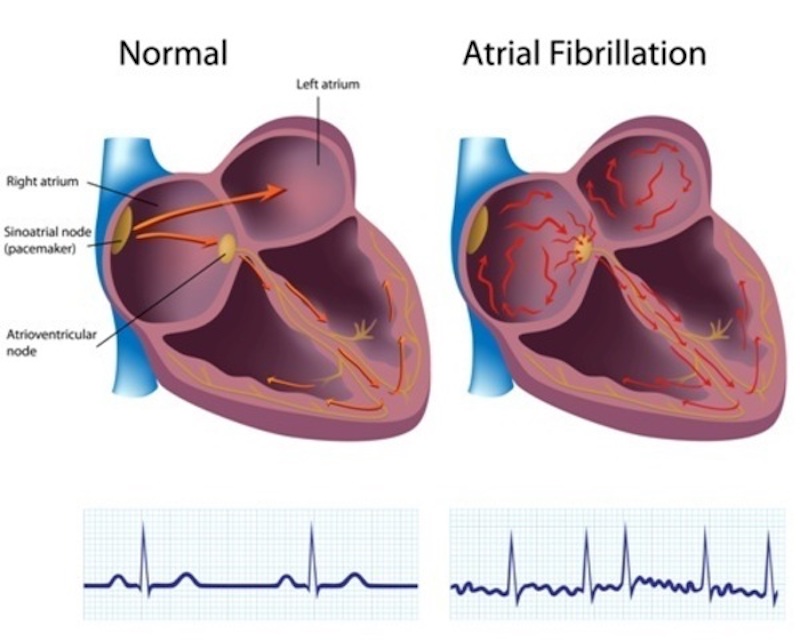
First, the atria contract, sending blood into the ventricles. Next, the signal hits another node, the atrioventricular node, which slows the electric pulse somewhat thus the ventricles may complete filling. Then the electric signal hinges to the ventricles, causing them to contract and squeeze blood out from the heart. Oxygenated blood from the left ventricle is out to the body tissues, while deoxygenated blood from the right ventricle goes to the lungs to pick up more oxygen. In atrial fibrillation, this electric signal is disrupted. When they beat occasionally, it could make heart go fast, Phillips said. The erratic signals also get to the atrioventricular node in a disorganized way, causing the ventricles to beat quicker than normal, too.
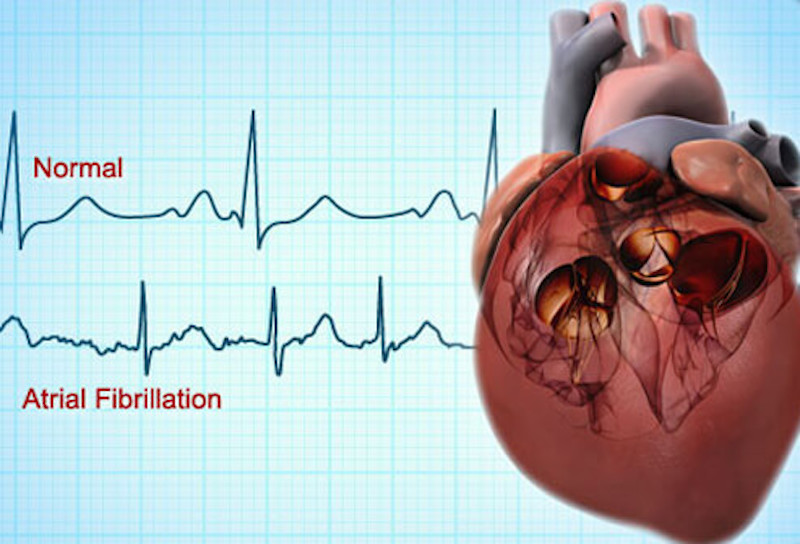
The atria and ventricles are now uncoordinated, in order that blood does not move in and out from the heart efficiently. In several cases, fibrillation causes no noticeable symptoms. At other times, palpitations, chest pain, dizziness and difficulty breathing warn of atrial fibrillations, in accordance with the NIH. Atrial fibrillation may cause two serious complications. The first is stroke, that is because blood can pool in the atria, forming clots, Phillips said. If one of those clots makes its way to the mind, it may take off flow of blood, causing stroke. Heart failure happens when the ventricles beat too fast to fill with blood. In this instance, the heart cannot push enough blood out to the body.
More from Things Health
-
Heart Disease And Obesity
Binge eating is regarded an eating disorder whenever you cannot stop yourself from eating a lot of food very quickly, even whenever you are not…
-
Symptoms Of Epilepsy
Epilepsy a neurological disorder marked by sudden recurrent episodes of sensory disturbance, loss of consciousness, or convulsions, associated with abnormal electrical activity in the brain.…
-
Living With Hypothyroidism
Maintaining a healthy weight may be a struggle when you are living with hypothyroidism. Like many individuals with untreated hypothyroidism, the symptoms include fat increase,…
-
Pooping Blood? Here are Some Common Causes of Blood in Stool
Blood in stool is related to many factors. It can be nothing to worry about, or it can indicate a serious medical condition. The amount…
-
10 Serious Conditions That Rashes And Hives Can Indicate
Hives, also known as Urticaria in medical terms, is a frequent symptom that is experienced by people with allergies to various medication, foods, and viral…

